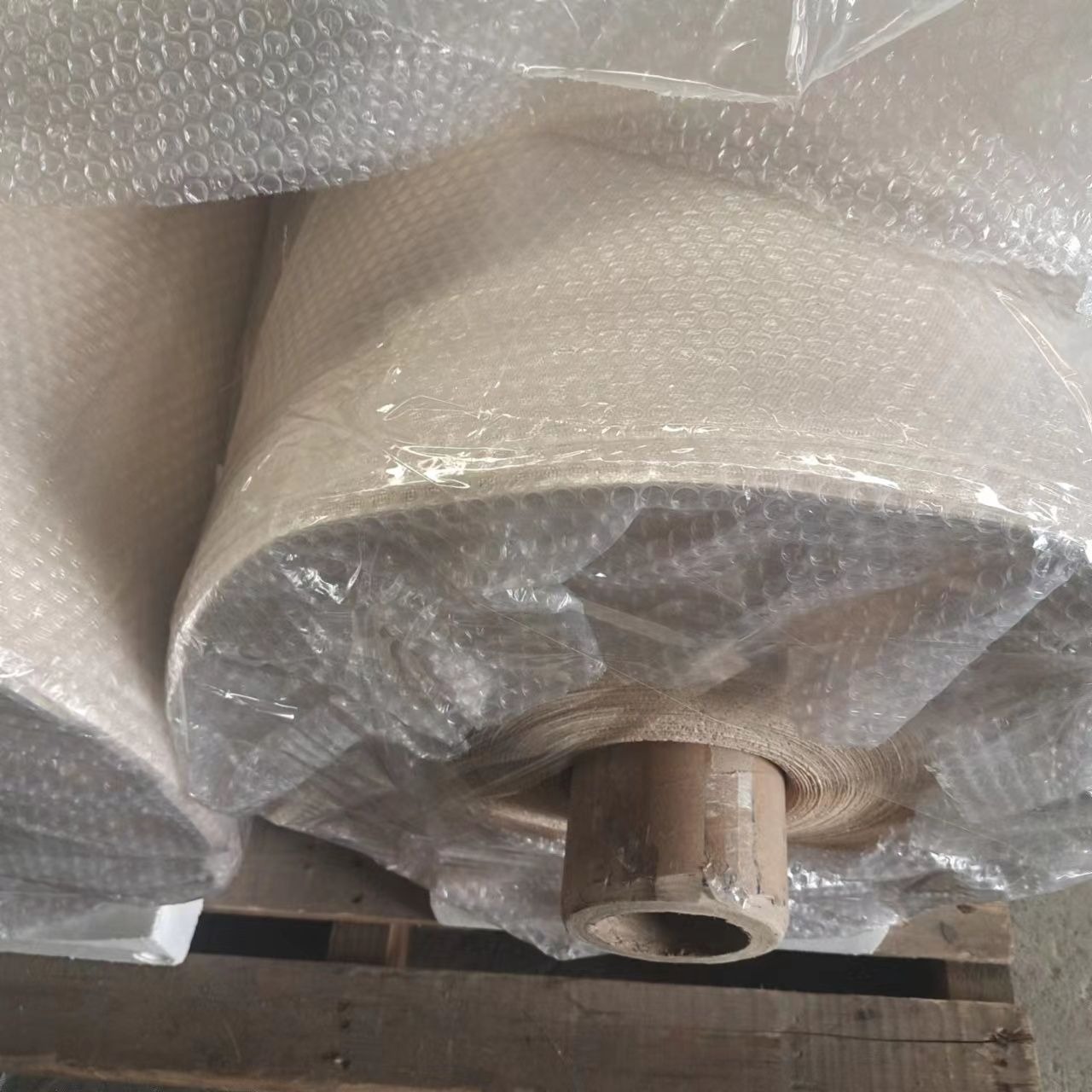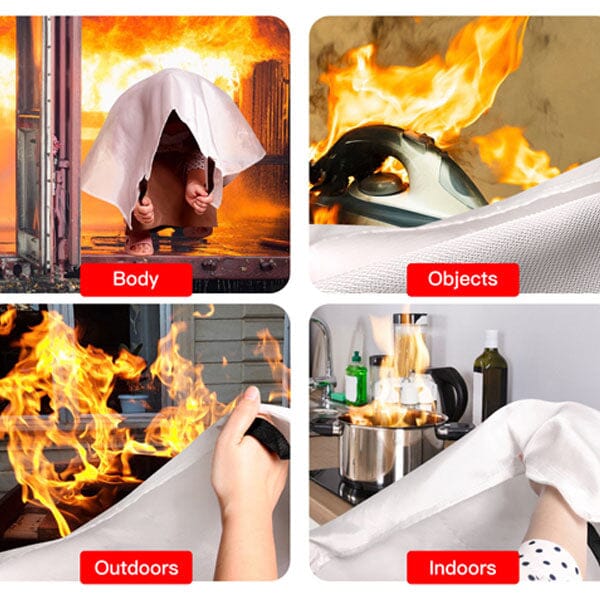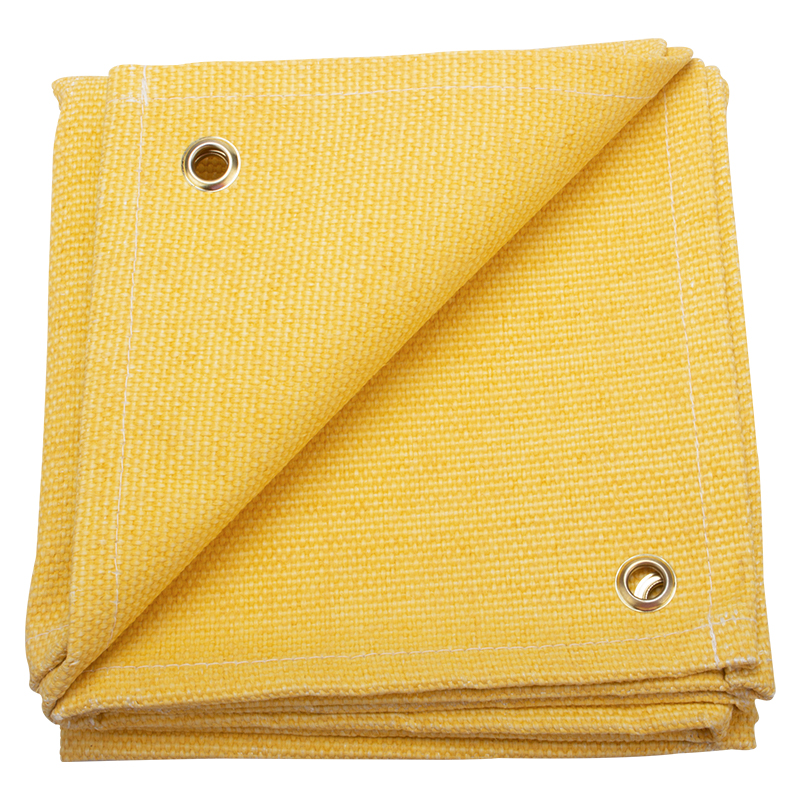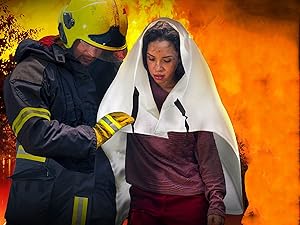Fire Resistant Welding Blankets: Essential Protection for Hot Work Safety
Fire resistant welding blankets protect workers and surfaces from sparks, slag, and heat during welding. This guide explains their materials, uses, safety standards, and proper selection to enhance workplace safety.
What Are Fire Resistant Welding Blankets?
Fire resistant welding blankets are specialized safety barriers made from heat-resistant materials. When you're welding, cutting, or grinding, these blankets shield nearby surfaces and personnel from sparks that can reach 2,000°F (1,093°C). Unlike regular tarps, they won't melt or catch fire when exposed to extreme heat.
Key Materials Used in Quality Welding Blankets
The best fire resistant welding blankets use these materials:
- Fiberglass:Most common, withstands temperatures up to 1,000°F (538°C)
- Silica:Handles up to 1,800°F (982°C), ideal for high-heat applications
- Carbon fiber:Ultra-durable with excellent heat reflection
- Ceramic fiber:For extreme temperatures above 2,000°F (1,093°C)
Look for blankets with reinforced edges and rust-resistant grommets for hanging. The material weight (measured in oz/sq yd) indicates durability - heavier blankets last longer.
When Should You Use Fire Resistant Welding Blankets?
Use these blankets whenever hot work could create fire hazards:
- Welding near flammable materials
- Overhead welding to catch falling sparks
- Protecting sensitive equipment from heat damage
- Temporary containment of welding areas
- Vehicle protection during auto body work
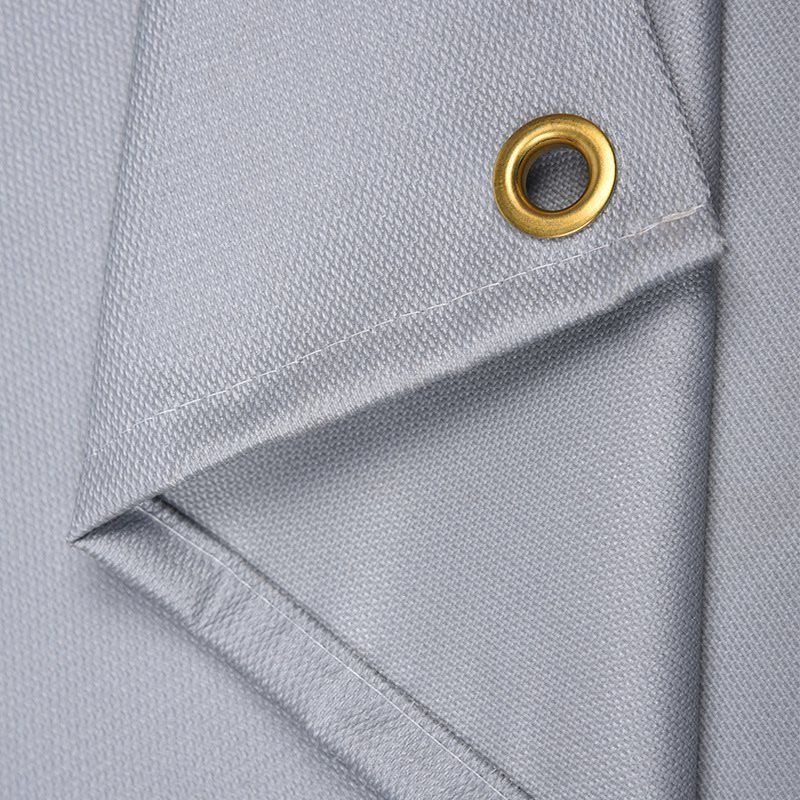
OSHA requires fire protection measures for hot work in 29 CFR 1910.252. Fire resistant welding blankets help you comply while preventing costly damage.
How to Choose the Right Welding Blanket
Consider these factors when selecting fire resistant welding blankets:
- Temperature rating:Must exceed your maximum working temperature
- Size:Cover all vulnerable areas with overlap
- Portability:Foldable blankets are easier to move between jobs
- Durability:Thicker materials resist tears from sparks
- Certifications:Look for ASTM or NFPA compliance
For most welding applications, a 6 oz fiberglass blanket rated for 1,000°F works well. Keep a silica blanket available for high-heat specialty jobs.
Proper Use and Maintenance
To get the most from your fire resistant welding blankets:
- Inspect before each use for holes or thinning areas
- Secure properly using the grommets - don't let gaps form
- Keep at least 18 inches away from the actual weld point
- Clean by shaking or gentle vacuuming - never wash fiberglass
- Replace when more than 10% of fibers are damaged
Store blankets flat or loosely rolled to prevent crease damage. Keep them in dry conditions to avoid mildew.
Safety Standards and Certifications
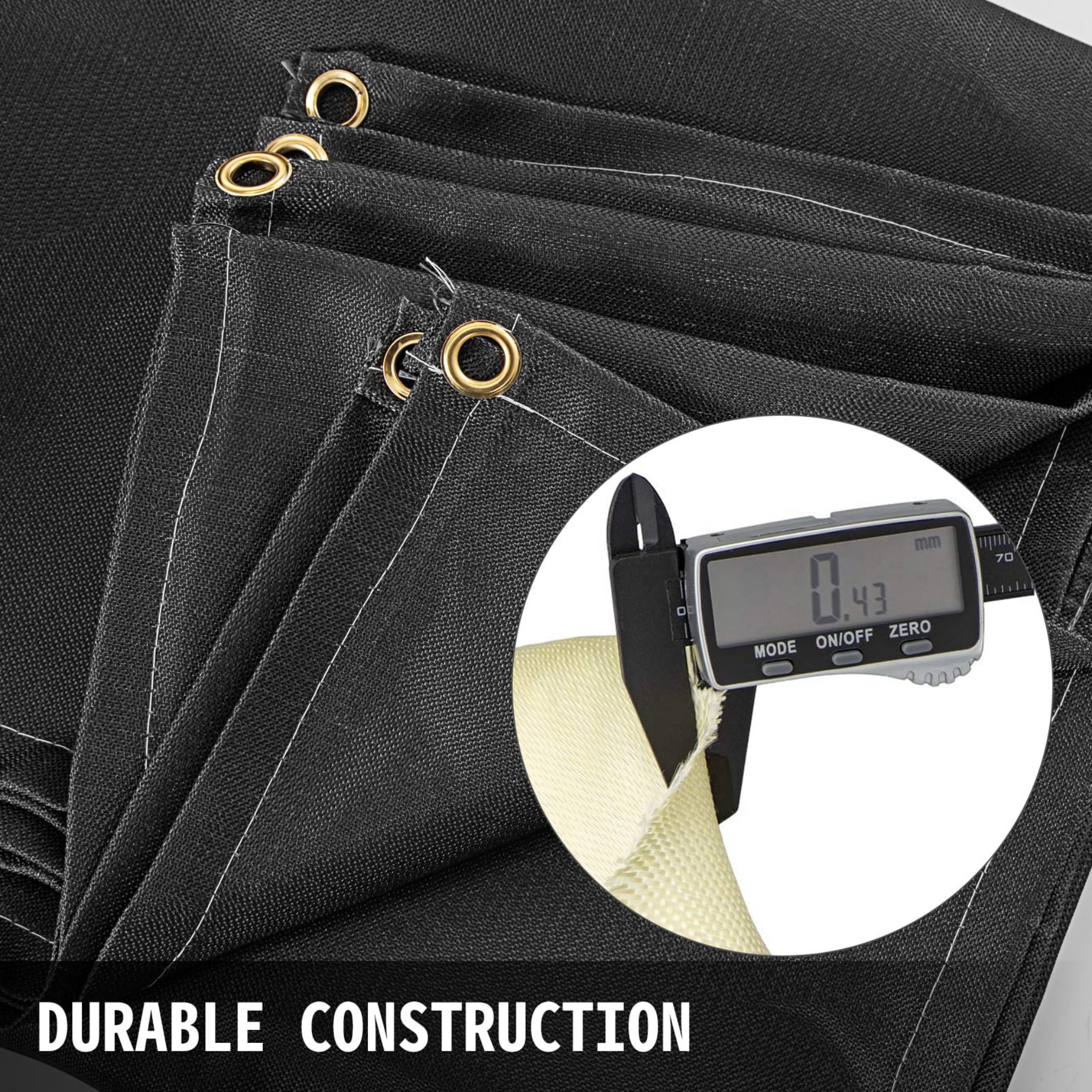
Quality fire resistant welding blankets meet these standards:
- ASTM F955:Standard test method for evaluating heat transfer
- NFPA 701:Fire resistance for textiles and films
- OSHA 1910.252:Welding, cutting and brazing safety
Reputable manufacturers provide test certificates. Never use uncertified blankets for critical applications.
Beyond Welding: Other Applications
While designed for welding, these versatile blankets also protect during:
- Foundry work
- Firefighting training
- Furnace maintenance
- Hot pipe insulation
- Emergency fire containment
Their heat resistance makes them valuable for any high-temperature task where sparks or radiant heat pose risks.
Investing in Quality Pays Off
While cheaper alternatives exist, proper fire resistant welding blankets prevent:
- Workplace fires ($15 billion in annual U.S. losses)
- Equipment damage from heat/sparks
- OSHA violations and fines
- Worker injuries from burns
A $100-300 welding blanket can prevent thousands in potential damages. Choose quality protection matched to your specific hot work needs.


